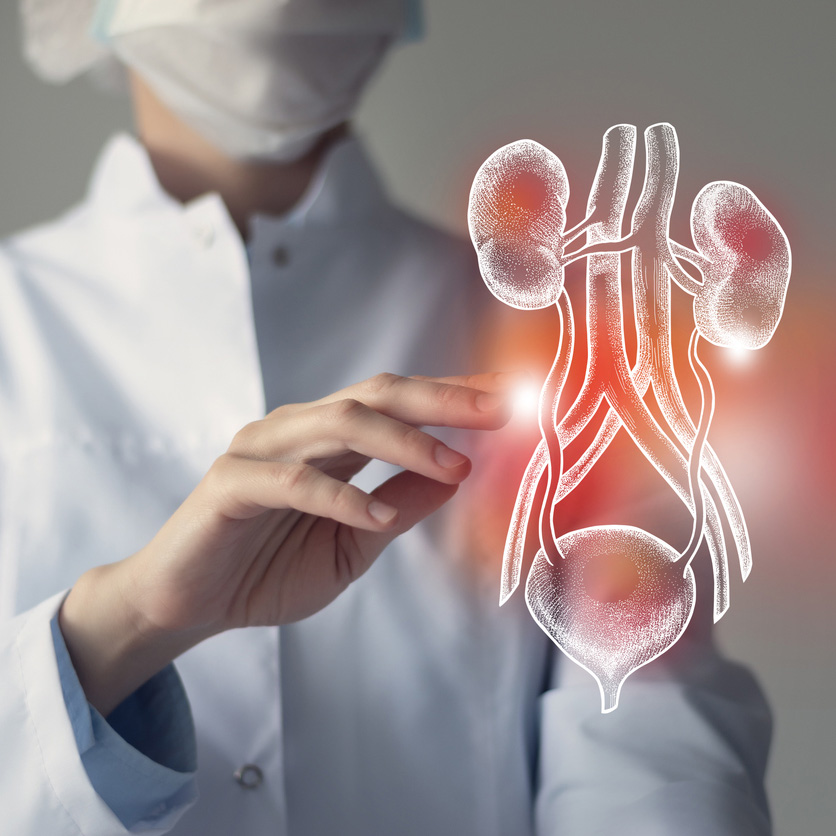Establishing and maintaining an effective bowel management routine can increase the time and confidence you have, to participate in other important aspects of your life. Discussion on ways of managing your bowels will begin with your spinal team soon after injury. The best management is practical and reliable and incorporates diet, nutrition and healthy lifestyle choices.
How does the bowel normally work?
When you eat food, your body creates saliva which stimulates a wave action of the bowel that propels your stool. The food you eat is broken down into fluid that can be absorbed by your body. This fluid leaves the stomach and passes through the small and large intestines. As it passes through the intestines, the body absorbs nutrients and water.
By the time the fluid reaches your rectum (the last part of your large intestine or colon) it is quite solid. This solid matter is called faeces or stool. Usually, when your rectum is full, a message is sent to the brain via the spinal cord. The brain sends a message back, and (if convenient) your rectum contracts and your anus and sphincter relax allowing the stool to be passed.
How does a spinal cord injury affect the bowel?
In nearly all cases of spinal cord injury there will be some impact on your bowel function:
- The messages that travel via the spinal cord to and from the rectum and brain may be interrupted.
- Movement of food through the intestines is slower.
- You may be unable to tell when you need to open your bowels, hold on or expel the faeces.
Your bowel
Your bowel will need to be trained to empty according to a set program.
What are the main factors in bowel management?
Training and managing your bowel involve:
1. Diet
- Good bowel health is dependent on having a good diet. Your diet should be well balanced, planned and regular. Seeing a dietitian is a good place to start to get the most out of your diet.
- Ensure you drink adequate fluids, primarily water.
The amount of fluid you should drink will also be related to vour bladder management program.
2. Medications
- Oral medications (also called aperients) help to stimulate the rectum and soften and/or increase the bulk of the stool, making it easier to pass. Discuss the most appropriate aperient for use with your health care professional, as each product works differently.
- Suppositories and enemas (or rectal medications) can help stimulate the rectum and lubricate the stool, making it easier to go to the toilet.
3. Time and routine
- Performing your bowel care at the same time each day will help to regulate your emptying and reduce the likelihood of accidents.
- If you change your routine, it may take several weeks for your bowel to properly adjust. It is possible that you may have bowel accidents during this time. While it can be difficult, it is important to be patient when having your bowel management reviewed and try to manage symptoms rather than reverting to old practices.
Tips to assist with bowel evacuation
- A warm snack or hot drink 15-30 minutes before bowel care will help stimulate your bowel to move (this works best using a morning routine).
- Sitting up correctly over the toilet or commode uses gravity to assist with emptying.
- Abdominal massaging (in a clockwise direction) and some deep breathing may increase movement.
- Exercise can help stimulate your bowel to move.
- If using an enema or suppository, it is advisable to first perform a Per Rectal (PR) check by inserting a well-lubricated, gloved finger into the rectum. This is to check for the presence of a stool to ensure correct insertion of the enema or suppository, thereby increasing its effectiveness.
- Monitor the formation of your stool to assist when making changes to your bowel program
Difficulties managing your bowels
In some cases, getting a good bowel routine organised can be difficult. You may experience occasional bowel accidents or associated autonomic dysreflexia. You may find these problems make you concerned about going out or doing some activities. As a result, you may find that you avoid doing things you want to do.
If you are experiencing any problems with your bowel management, speak to your health professional about how they might be overcome so you can continue doing the things you want.
Help is available for problems with:
- Diarrhoea
- Constipation
- Rectal bleeding and haemorrhoids
- Autonomic dysreflexia
- Prolonged evacuation time
- Bowel accidents
It is important to discuss risk factors for bowel cancer with your GP and discuss frequency of screening. This is particularly important from the age of 50 years and for those with an increased risk of bowel cancer.
References and Further Resources
Forward Ability Support (Formerly ParaQuad NSW)
www.fas.org.au (02) 8741 5600
Forward Clinical Services
clinicalservices@fas.org.au (02) 8741 5689
BrightSky Australia for products and clinical services www.brightsky.com.au 1300 886 601
National Continence Helpline
www.continence.org.au 1800 330 066
State Spinal Outreach Service (SOS)
www.royalrehab.com.au/spinalinjuryOutreach.html
(02) 9808 9666
Your local doctor, or spinal specialist
Your local community nurse
An accredited practising dietitian (APD) at your local public hospital, community health centre or at www.daa.asn.au
Forward Ability Support fact sheets https://fas.org.au/knowledge-centre/resources/sci-fact-sheets/
Spinal cord injury rehabilitation evidence at www.scireproject.com
Consumer guide for bowel management at www.pva.org
